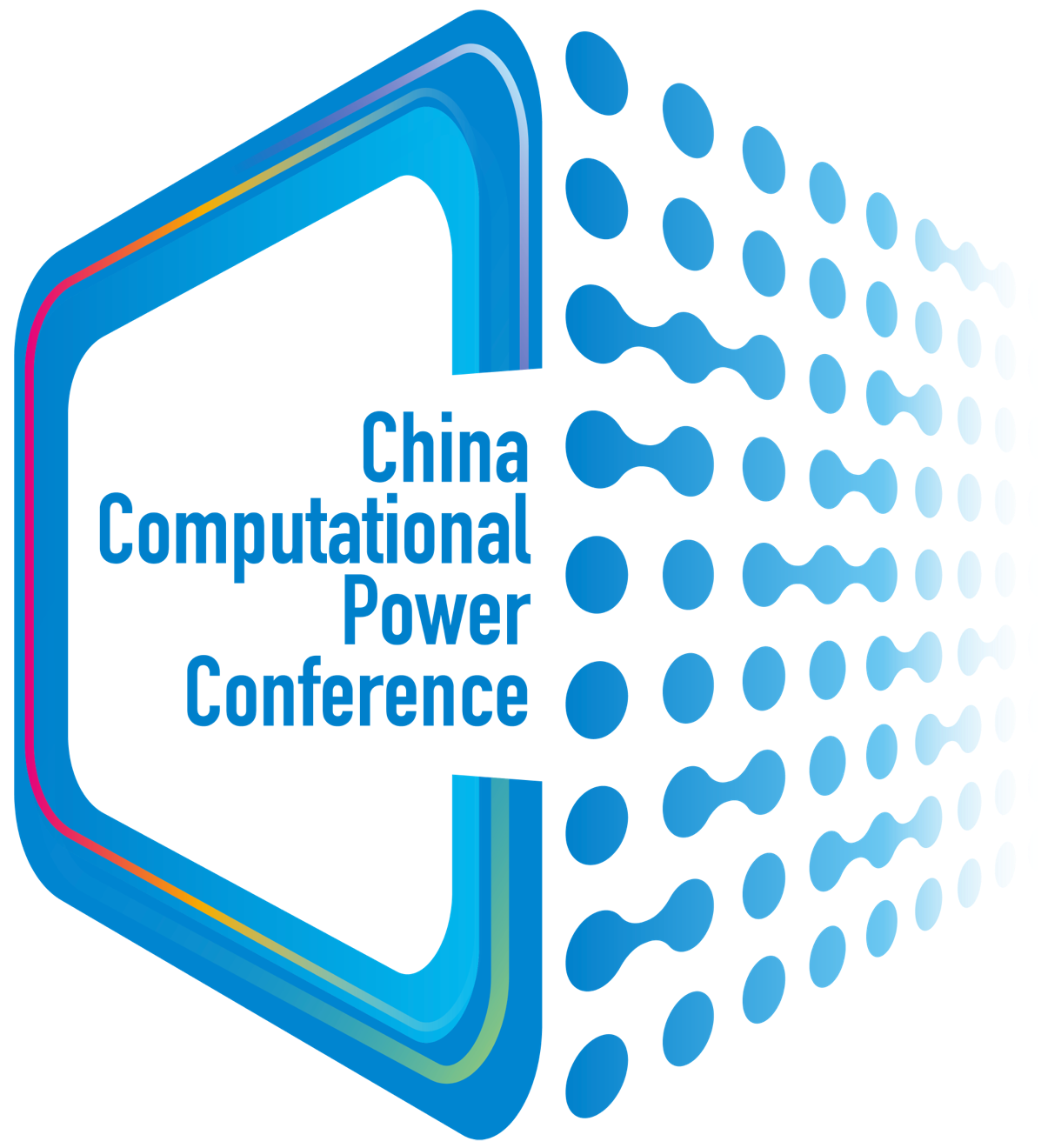
Keynote Speakers
Keynote Speakers of AHPCAI 2024
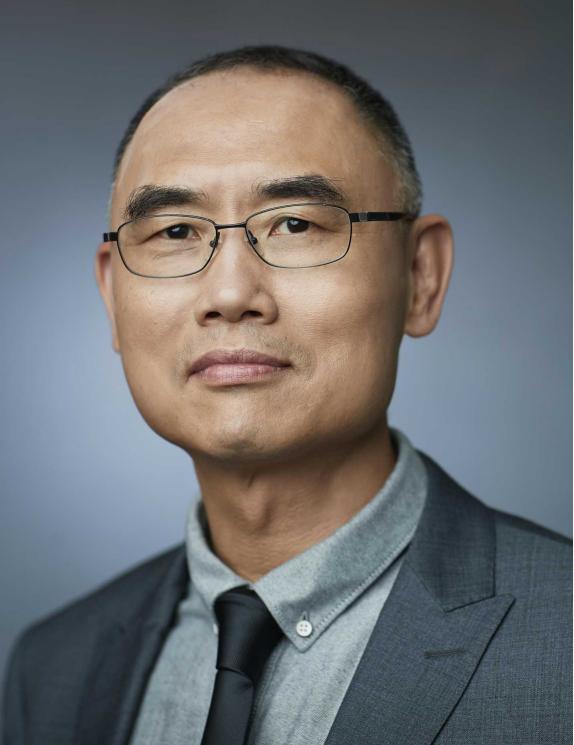 | Prof. Qiang Yang | 杨强教授,微众银行首席人工智能官 加拿大皇家科学院院士,香港人工智能与机器人学会(HKSAIR)理事长 BIO: 杨强,加拿大工程院及加拿大皇家科学院院士,微众银行首席人工智能官,香港科技大学荣休教授,第四范式公司联合创始人,AAAI-2021大会主席,国际人工智能联合会(IJCAI)理事会前主席,香港人工智能与机器人学会(HKSAIR)理事长,智能投研技术联盟(ITL)和开放群岛开源社区(OI)主席,《ACM TIST》和《IEEE TRANS on BIG DATA》创始主编,CAAI,AAAI,ACM,IEEE,AAAS等多个国际学会Fellow。迁移学习和联邦学习研究及应用,著作包括《迁移学习》、《联邦学习》、《隐私计算》和《联邦学习实战》等。 Title: 《AI,大模型和联邦学习》 Abstract: 在大语言模型的本地化过程中,我们面临着使用本地数据细化(refine)大语言模型(LLM)的挑战,同时要解决保护在服务器和本地客户端的大模型的安全和隐私的问题。在本次演讲中,我将讨论如何在大型语言模型的背景下使用“联邦迁移学习”的框架进行这种大模型本地化的研究。 |
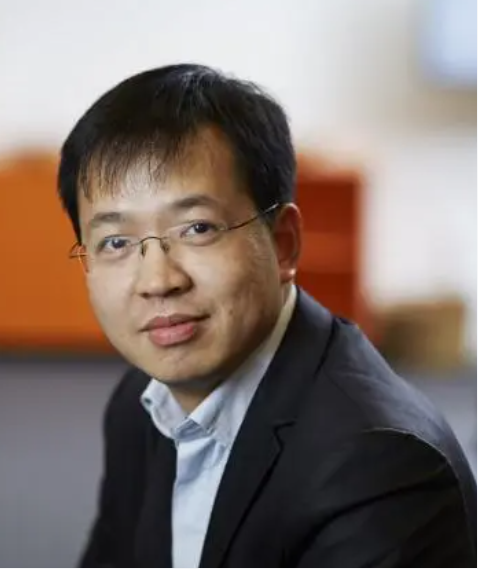 | Prof. Yan Zhang | 张彦 教授 IEEE/IET Fellow, 挪威奥斯陆大学, 挪威皇家科学院院士, 挪威工程院院士 BIO: Yan Zhang is currently a Full Professor with the Department of Informatics, University of Oslo, Norway. His research interests include next-generation wireless networks leading to 6G, green and secure cyber-physical systems. Dr. Zhang is an Editor for several IEEE transactions/magazine. Since 2018, Prof. Zhang has been listed as a Highly Cited Researcher by Clarivate Analytics (i.e., Web of Science). He is Fellow of IEEE, Fellow of IET, elected member of Academia Europaea (MAE), elected member of the Royal Norwegian Society of Sciences and Letters (DKNVS), and elected member of Norwegian Academy of Technological Sciences (NTVA). Title: 《泛在算力网络》 Abstract: 首先介绍泛在算力网络的概念和模型。 然后定义并解决泛在算力网络中新颖独特的科学研究问题, 包括算力资源的优化分配、算力协作和集群机制、及分布式算力共享。最后指出泛在算力网络未来场景和开放性问题。 |
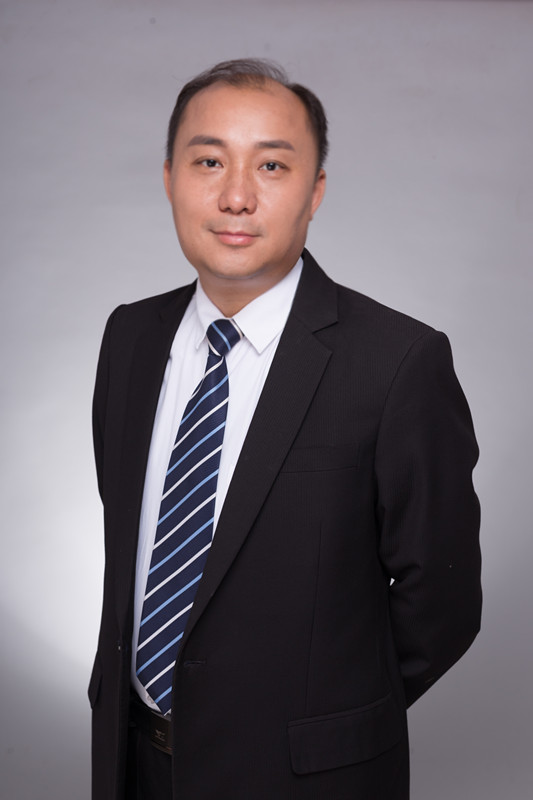 | Prof. Hongbo Jiang | 蒋洪波 教授 湖南大学信息科学与工程学院副院长 IET/BCS/AAIA/AIIA Fellow,湖南大学“岳麓学者”特聘教授 BIO: Hongbo Jiang is currently a Distinguished Professor and Vice Dean of the College of Computer Science and Electronic Engineering (CSEE), Hunan University. He is also the director for the trusted systems and networking key laboratory of Hunan Province, the director of Hunan international technical cooperation base of high performance computing and applications. Prior to Hunan University, he was a tenured professor at Huazhong University of Science and Technology. He received his Ph.D. in Computer Science from Department of Electrical Engineering and Computer Science working with Prof. Shudong Jin, Case Western Reserve University. He ever interned at IBM T. J. Watson Research Center, as well as AT&T Labs Research. He was a Hong Kong Scholar Research Fellow at The Chinese University of Hong Kong, working with Prof. John C. S. Lui. Hongbo has been serving in the editorial board of IEEE/ACM Transactions on Networking, IEEE Transactions on Mobile Computing, ACM Transactions on Sensor Networks, IEEE Transactions on Network Science and Engineering, IEEE Transactions on Intelligent Transportation Systems, IEEE Transactions on Vehicular Technology, IEEE Internet of Things Journal, IEEE Communications Magazine, ACM/Springer Wireless Networks, Wiley Security and Communication Networks, International Journal of Ad Hoc and Sensor Wireless Networks. He has also been guest editors for IEEE Transactions on Industrial Informatics, Springer Mobile Networks and Applications. He is an elected Member of Academia Europaea (MAE), Fellow of IET (The Institution of Engineering and Technology), Fellow of BCS (The British Computer Society), Fellow of AAIA (The Asia-Pacific Artificial Intelligence Association), Fellow of AIIA (The International Artificial Intelligence Industry Alliance), Senior Member of ACM, Senior Member of IEEE, Distinguished Member of CCF, and Full Member of IFIP TC6 WG6.2. Now his research focuses on computer networking, especially, wireless networks, and mobile computing. Title: 《从农耕文明到新工业革命时代——工业互联网的机遇与挑战》 Abstract: 工程技术创新经历了蒸汽时代、电气时代、信息时代和互联网时代,物联网、元宇宙等技术正得到社会各界的广泛关注。工业互联网它并非一个全新的概念,它是“物联网”在工业领域的一个分支,而物联网就是针对非人非企业,而是各种各样“物体”的互联网,并可有针对性的与人和企业的互联网产业互动。随着智能机器和高级分析技术的不断融合趋于成熟,它目前在很多领域已经开始发挥作用。本报告主要讨论工业互联网当下的机遇与挑战。 |
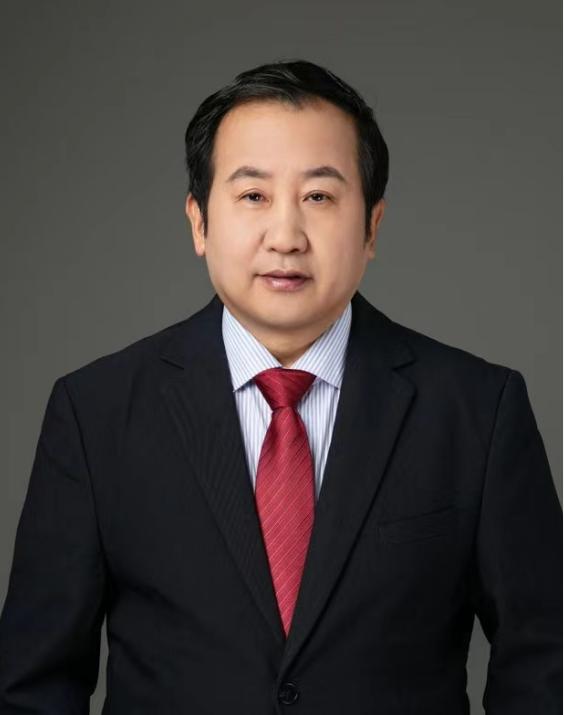 | Prof. Wenzheng Li | 李文正 教授 北京工业大学计算机学院 IEEE China Council常务理事兼工业合作与创新委员会主席 BIO: Professor Li Wenzheng, Standing Committee Director of IEEE China Council and Chairman of Industrial Innovation and Cooperation Committee, Director of China Simulation Society, Director of China Communications Society, Member of Computing Network Committee of China Communications Society, Chairman of multiple IEEE international academic conferences and invited to give keynote speeches, expert in project evaluation of national key research and development programs, expert in science and technology evaluation of the Ministry of Science and Technology, expert in evaluation of Beijing Science and Technology Award, and professor at Beijing University of Technology. Over the years, he has made a series of achievements in the new generation Internet architecture, computing power and computing power clusters, parallel computing of large models of generative artificial intelligence, high-performance clusters, etc., published more than 80 academic papers and 4 books, and won the title of "Education Innovation Project" of Beijing's education system in 2007. Title: Research on High Performance Computing Cluster System for LLMs Abstract: Scaling Laws continue to evolve from GPT-3 to ChatGPT to GPT-4o, Big, bigger, giant. The rise of giant AI models. If silicon level computing approaches carbon level computing and brain like computing approaches the human brain, it poses a challenge to computing. High performance computing cluster is the optimal solution for implementing Scaling Law. The efficient training of LLMs usually requires the support of an AI server cluster consisting of high computing power GPUs with over one thousand/ten thousand cards. Starting from the background of large models and the challenges of scale computing, this report analyzes the characteristics of high-performance computing cluster networks, clusters, and Incast traffic, studies the design methods of large-scale computing clusters, and proposes network technologies for LLMs; The collaboration between high-performance computing and network computing, end-to-end RDMA traffic dynamic routing, computing power cluster digital twin technology, and finally proposed stability and efficiency optimization strategies for high-performance computing cluster. |
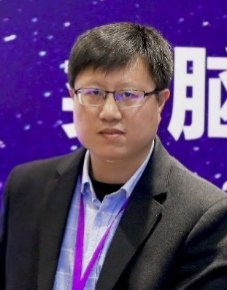 | Prof. Junwei Han | 韩军伟 教授 西北工业大学自动化学院院长 IEEE/IAPR Fellow,科睿唯安全球“高被引科学家” BIO: Prof. Junwei Han, Dean of the School of Automation at Northwestern Polytechnical University and Fellow of both IEEE and IAPR, holds a prominent position on the editorial board ofIEEE TPAMI. Recognized as a "Highly Cited Researcher" by Clarivate Analytics in two distinct fields and a "Highly Cited Scholar" by Elsevier China, his research endeavors span artificial intelligence, pattern recognition, brain-inspired computing, and remote sensing image interpretation. Prof. Han boasts an impressive publication record, with over 150 scholarly articles featured in prestigious journals and conferences like the Proceedings of theIEEE,IEEE TPAMI,CVPR, andMICCAI. His work has garnered over 30,000 citations, reflecting a remarkable H-index nearing 90. Notably, three of his publications have been honored among the "Top 100 Most Influential International Academic Papers of the Year in China." His accolades include prestigious awards such as the IEEE GRSS Highest Impact Paper Award (2021), the IEEE TCSVT Best Paper Award (2021), and the IEEE BIBM Best Paper Award (2018), alongside student paper award nominations at ACM Multimedia 2010,MICCAI 2011, and ICME 2016. Prof. Han has mentoreda cohort of doctoral and postdoctoral scholars who have distinguished themselves by winning the Excellent Doctoral Dissertation Award from the China Society of Images and Graphics, Shaanxi Provincial Excellent Doctoral Dissertation Award, postdoctoral innovation talent support, inclusion in national youth talent programs, and recognition as highly cited scientists. Moreover, he contributes his expertise with seven provincial and ministerial awards forscience and technology, including the prestigious First Prize in Shaanxi Science and Technology Award (as the leading contributor) and the First Prize in Wu Wenjun Artificial Intelligence Science and Technology Award - Technology Invention Award (as the top contributor). Prof. Han plays a vitalrole on the editorial boards of various domestic and international journals, includingIEEE TMM and SCIENTIA SINICA Informationis (SSI), among others. He also serves as an area chair for prominent international conferences like CVPR. Title: Visual object detection in earth observation system: challenges and solutions Abstract: With the rapid development of remote sensing technologies, more and more remote sensing images with high spatial resolution are available. How to achieve the detection of objects of interest is one of central issues for earth observation systems. In this talk, by analyzing the characteristics of high-spatial-resolution remote sensing images (e.g., data massiveness, object diversity, and environmental complexity) and the applications, we first summarize several key challenges needed to be solved for visual object detection techniques, including the automatic labeling of large number of training samples, the extraction of rotation-invariant and high-level image features and so on. Then, focusing on the above-mentioned problems, we introduce a series of solutions by our research group. |
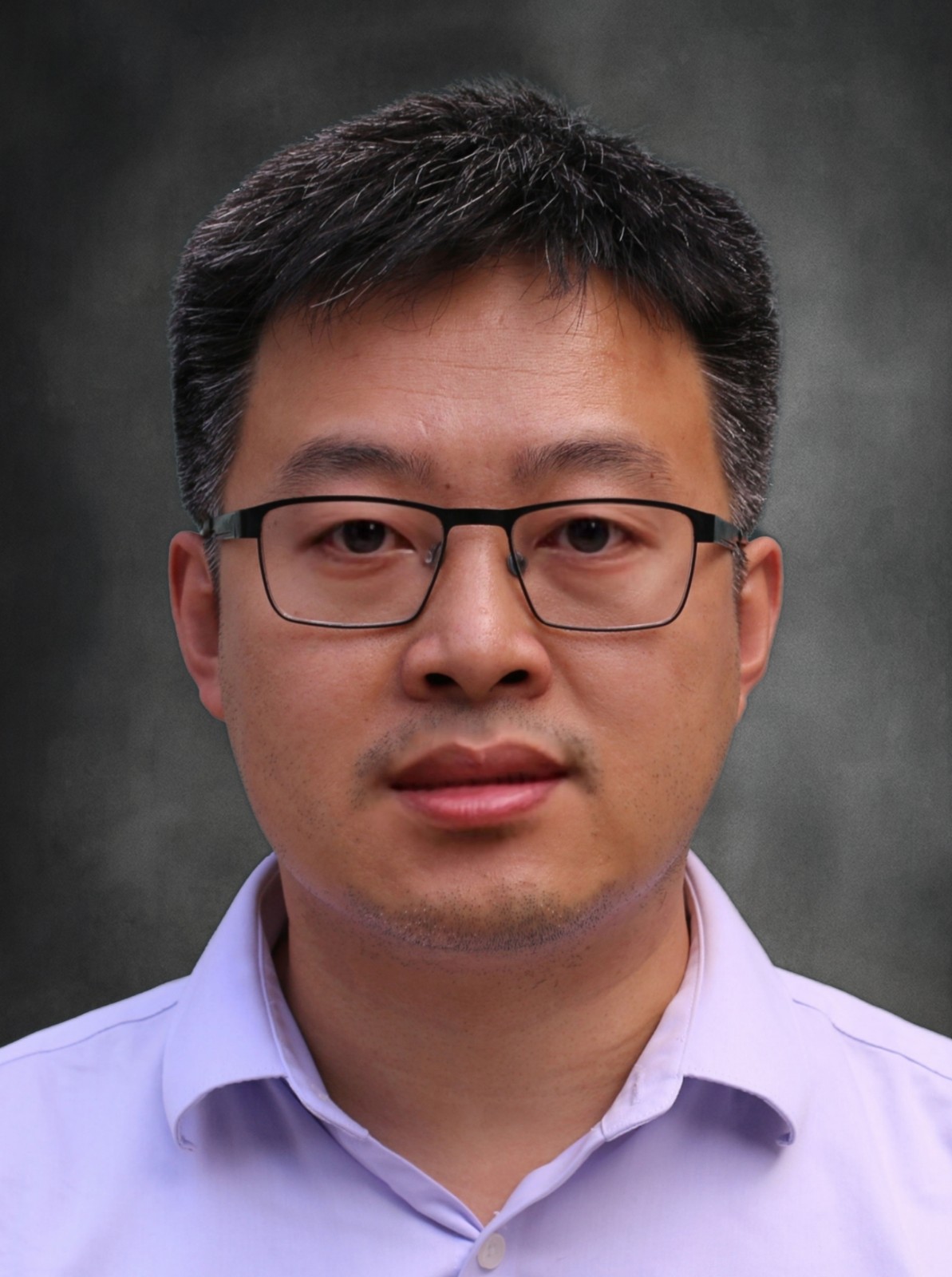 | Prof. Haijun Zhang | 张海君 教授 北京科技大学高等工程师学院院长,IEEE Fellow 国家杰出青年科学基金入选者,国家卓越工程师学院执行院长 BIO: Haijun Zhang (Fellow, IEEE) is currently a Full Professor at University of Science and Technology Beijing, China. He was a Postdoctoral Research Fellow in Department of Electrical and Computer Engineering, the University of British Columbia (UBC), Canada. He serves/served as Track Co-Chair of VTC Fall 2022 and WCNC 2020/2021, Symposium Chair of Globecom’19, TPC Co-Chair of INFOCOM 2018 Workshop on Integrating Edge Computing, Caching, and Offloading in Next Generation Networks, and General Co-Chair of GameNets’16. He serves as an Editor of IEEE Transactions on Wireless Communications, IEEE Transactions on Information Forensics and Security, and IEEE Transactions on Communications. He received the IEEE CSIM Technical Committee Best Journal Paper Award in 2018, IEEE ComSoc Young Author Best Paper Award in 2017, IEEE ComSoc Asia-Pacific Best Young Researcher Award in 2019. He is a Distinguished Lecturer of IEEE and IEEE Fellow. Title: Intelligent 6G Resource Management Abstract: This talk will identify and discuss technical challenges and recent results related to 6G mobile resource management. The talk is mainly divided into four parts. The first part will introduce 6G mobile networks, discuss about the 6G mobile networks architecture, and provide some main technical challenges in 6G mobile networks. The second part will focus on the issue of resource management in 6G networks and provide different recent research findings that help to develop engineering insights. The third part will address the machine learning and deep learning method based future 6G networks and address some key research problems. The last part will summarize by providing a future outlook of 6G mobile network management. |